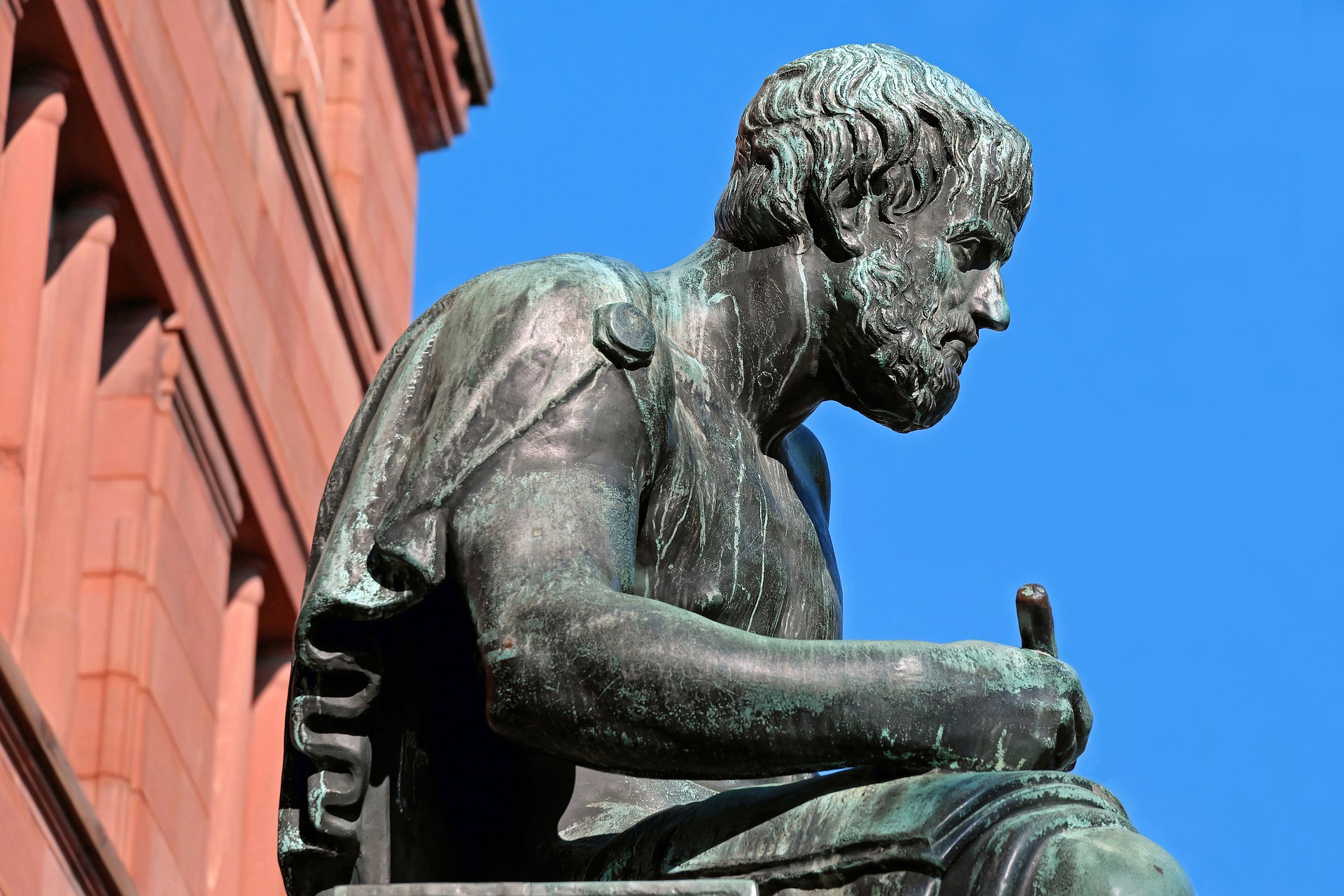Stoicism is a school of philosophy from ancient Greece, originally practiced by the Hellenists. Three of the most famous Stoics were Seneca, Epictetus and Marcus Aurelius. Stoicism is increasingly finding its way into the mainstream today, practiced by noteworthy individuals like author Ryan Holiday, former Secretary of State General James Mattis, and several members of the New England Patriots team and coaching staff. Other famous stoics from history include President George Washington, Thomas Jefferson, Ralph Waldo Emerson, and John Steinbeck. While Stoicism has a reputation as simply being a denial of emotion, its tenets are much deeper and practical, offering a pragmatic view of humanity and how we should view ourselves.
Stoicism is marked by a few central themes:
- Make yourself familiar with the worst-case scenario you fear; and visualizing potential negative outcomes through the “pre-meditation of evils.” By becoming accustomed to that which you thought fearful or terrible, we realize it’s really not as bad as we had thought.
- “The impediment to action becomes the action. What stands in the way becomes the way.”
-Marcus Aurelius.
Train your perception to not see events as good or bad, but practice looking at obstacles as opportunities. By changing our perspective, we free our minds to look for solutions and alternatives, rather than becoming upset over something that has already happened. - Remember how small you are, and how small everything is along with taking a bird’s-eye view, and observing how interconnected everyone and all events are. An excellent reminder of the daily inconsequential choices and doings of life.
- Momento mori: meditate on your mortality, realizing you will die one day, just as every other living thing does.
- “Is this within my control?” Separate in your mind what is in your control from what is external. By focusing your efforts on those things you can control, you become happier and more productive than those who spend their effort and emotion on things they cannot control. Such a practical way to deal with disappointments and unfavorable outcomes!
- Maintain a journal practice. The practice helps in preparing for the day ahead and reflecting on the one which has passed. It also serves as a reminder of lessons learned and helps in practicing gratitude.
- Amor fati: love everything that happens. Rather than being apathetic, taking the time to be thankful for everything which has occurred reinforces the previous points. We are reminded of how small we are, how little we control, that we are alive, and that our perspective is what matters when we face obstacles.
In summary, Stoicism mainly serves as a reminder to be humble and mindful. It doesn’t seek to take a religious stance, making it practical for nearly everyone. Remembering that one day you will die is an excellent way to keep your decisions and emotions in perspective. It helps keep your ego in check, while also freeing you to accomplish what you desire in a day. Aurelius especially notes that all any man has is the present in which to act.




